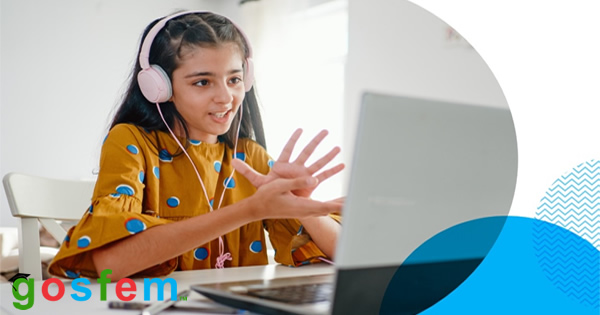
Experiential learning is often called the most natural form of learning. It is how we learn as kids by experiencing, discovering, creating, exploring, and interacting with the world and people around us.
One of the best ways to describe Experiential Learning is through the 450 BC Confucius quote–”I hear and I forget, I see and I remember, I do and I understand.”
In the school classroom, experiential learning is about learning through action or learning by doing. This translates into laboratory experiments, field trips, internships, fellowships, volunteering, research papers, and peer-based learning, among many other forms of learning by doing.
Unlike traditional classroom situations where students learn from an instructor or from a textbook by following the teaching instructions passively, students in experiential learning classrooms are more involved in the learning process. They are also motivated because learning is not just a cognitive process, but it also engages the students emotionally and socially to create a more authentic and imbibed learning experience.
Concrete Experience
This is when a learner gets to perform a task with minimal help from the teacher. This results in a fresh experience, or an interpretation of a past experience in a new manner. For concrete experience to take place, it is important for the student to not just read or watch the task but to actively engage in it through problem-solving, role-playing, model making, etc.
Reflective Observation
In this stage, the students share the results of their new experiences and reflect on reactions, observations, and lessons with their peers. This shared reflection enhances the learning experience as the students get to learn from each other by sharing lessons and bouncing ideas.
Abstract Conceptualization
In this stage, students will attempt to analyze and reflect upon their experiences with the teacher and their peers. They will classify concepts, identify themes, understand challenges, observe patterns, and draw conclusions for the entire learning experience. The students will also discuss solutions to any problems and challenges, how to avoid them, and/or how to overcome them in the future.
Active Experimentation
In this final and most critical stage, the learner tests his newfound conclusions and applies the teachings to new experiences. It enables the learner to concretize the learning by understanding how it is relevant to the topic in real life, thus allowing for the information to be retained for the future.
Here are some of the ways that we can apply experiential learning in an online learning environment:
Augmented Reality
By leveraging AR, complex ideas can be simplified and learning can be engaging and enjoyable. From simple drawing exercises to breaking down complex concepts, viewing artworks from every angle, and immersing oneself in the exploration of space, AR offers a wealth of learning opportunities. It can bring dinosaurs to life and unravel complex genetic structures with just the click of a button.
Game-Based Learning
Simulations are is a type of game-based learning that simulates something that happens in real life. A simulation game is used to acquire or train skills, or to teach effective behavior in a simulated environment. By participating in simulation games, the learners can solve problems and experience scenarios that would be impossible in reality.
Virtual Field Trips
Online tools like Google Earth and museums apps allow the learners to experience and view places that would not be easy in real life. Using online tools, students can take trips to museums, historical sites, zoos, and many more places that will help them discover new experiences for themselves.
Gamification
Incorporating gamification elements such as interactive choices, dramatic storytelling, leadership boards and time pressure can greatly enhance the learning experience. These types of methods have been shown to make learning more enjoyable, while also improving knowledge retention.
Motivates Students
Experiential learning keeps the students engaged in a variety of activities and exercises. This is essential in motivating the students to keep learning, as opposed to passive textbook-based learning.
Connects Theory with the Real World
By integrating theoretical concepts with the real world practice, students can learn and apply what they have learned in the field to better in the real world. Additionally, it improves the retention of the concepts and ideas
Capacity to apply the knowledge immediately
The purpose of experiential learning is to offer learners the chance to use what they’ve learned to solve real-world challenges. Students can experiment and adapt their practice to achieve the best results by testing their understanding of underlying principles, processes, and procedures.
Makes the students career-oriented
By combining learning with real-world activities and experiences, experiential learning facilitates career orientation. By participating in these activities, students can begin to develop and discover their interests, skills, aptitudes, and passions.
Improves Collaboration
Experiential learning encourages students to work with their peers and collect and analyze data. This socialization and teamwork in improving communication and collaboration skills
Conclusively,
In today’s digital world, well-planned online experiential learning offers numerous benefits to students. It accelerates the learning process and empowers the students with their own learning journey. – this empowered and engaged learner with multiple skills such as problem-solving and effective decision-making, is ready for success in all spheres of their life.
share share share share share share share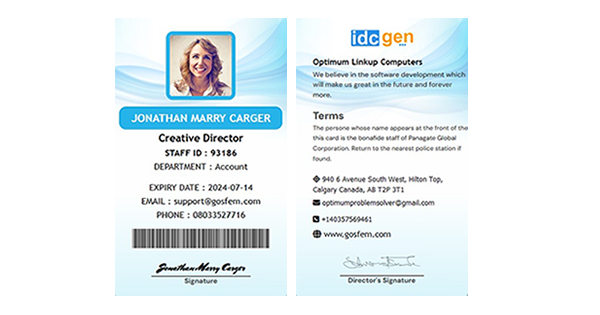
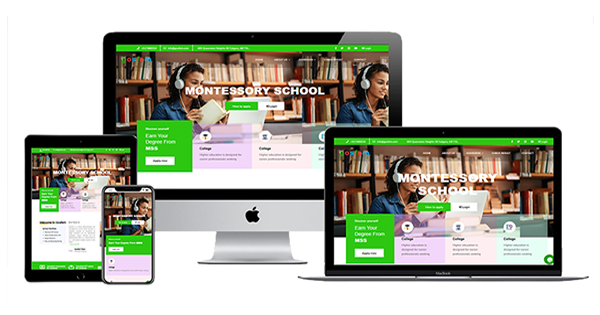


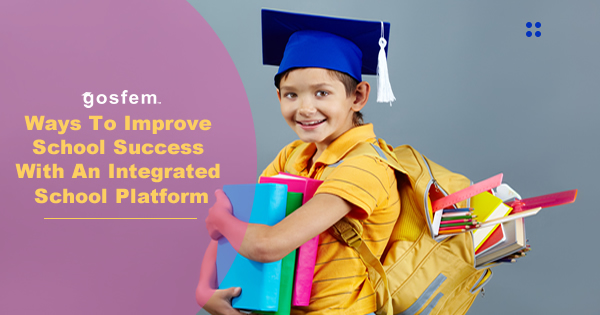
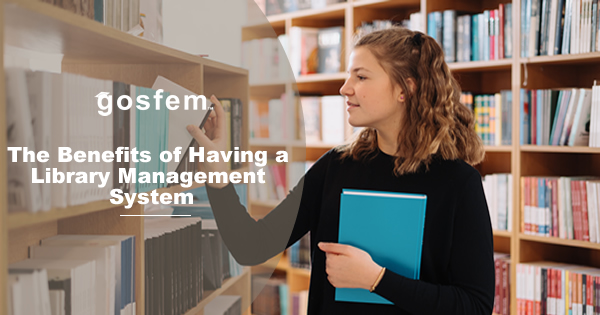
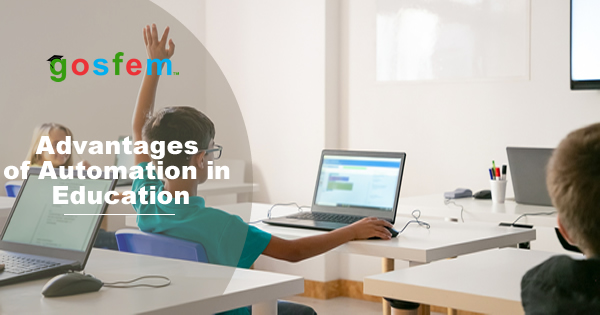
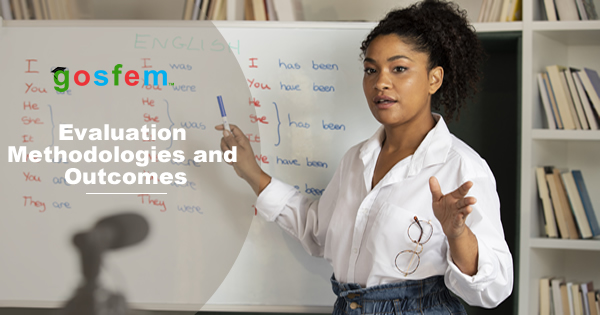

Study any topic, anytime. explore thousands of courses for the lowest price ever! on Gosfem learning platform. Learning that gets you Skills for your present (and your future). Get started with us.
Explore Courses
Join thousands of instructors on Gosfem LMS teaching platform. Teachers around the world are already joining us. Do not be left out from this great platform. Come and teach what you know best and let others benefit from the wealth of knowledge you have.
Become Instructor